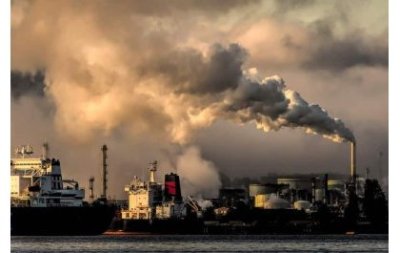Rwanda to earn $19 million from Carbon Market by 2026, BRD to channel funds into Green Projects
The Development Bank of Rwanda (BRD) has announced that by 2026, Rwanda will have earned over $19 million (RWF 27.5 billion) from the carbon market. The funds will be reinvested in environmentally friendly projects, including initiatives promoting clean and sustainable energy sources.
This announcement was made on October 30, 2025, during a meeting between BRD officials and the Parliamentary Committee on Land, Agriculture, Livestock, and Environment.
Through the carbon market, developing countries that emit relatively low levels of greenhouse gases enter into agreements with industrialized nations. Wealthier countries pay for projects that reduce emissions in developing ones — and in return, the buyers are credited for reducing their own carbon footprint.
Such projects include reforestation, forest conservation, biodiversity protection, and promotion of renewable energy. On the carbon market, the value of a single carbon credit equivalent to one ton of reduced CO₂ emissions, ranges between $40 and $80, though prices may fluctuate depending on project types and market negotiations.
The carbon market is one of Rwanda’s key mechanisms for mobilizing climate finance, supporting the country’s goal of cutting greenhouse gas emissions by 38% by 2030.
According to Innocent Gatete, BRD’s Head of Project Implementation, the bank has already registered on the carbon market and is among the first Rwandan institutions to access these funds. He revealed that BRD received $214,000 in its first disbursement, with an additional $2 million expected in December 2025, and $16 million projected for 2026.
“These funds help us expand our initiatives and improve areas where progress is still needed. Part of the money will support cleaner cooking solutions and renewable energy,” Gatete explained.
Currently, Rwanda sells carbon credits at $15 per ton, but BRD expects higher prices in future transactions.
Among the projects generating carbon revenue are “Cana Uhendukiwe,” which has provided solar energy access to more than 510,000 households, with an investment of $48.94 million, and the EAQIP 3B (Tekera Aheza) project, scheduled for completion in 2026, which distributes improved cookstoves to rural communities.
The EAQIP project is expected to reduce over 600,000 tons of CO₂ emissions and generate over $10 million, which will be reinvested in renewable energy programs, clean cooking technologies, and sustainable fuel production.
BRD also encourages private investors to access green financing. The bank recently funded a government project to build 17,000 cubic meters of gas storage facilities for domestic energy use.
Apart from BRD, other institutions will also be eligible to benefit from the carbon market once their projects are certified and verified under international standards.

